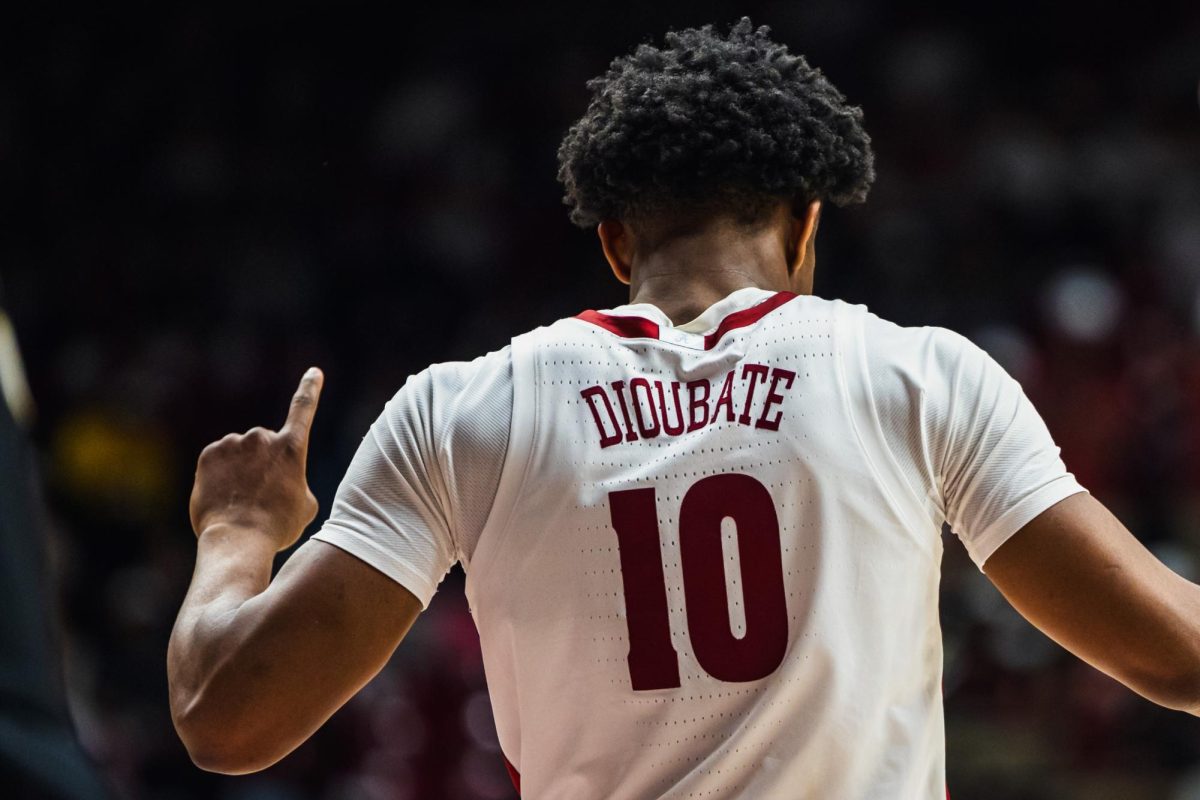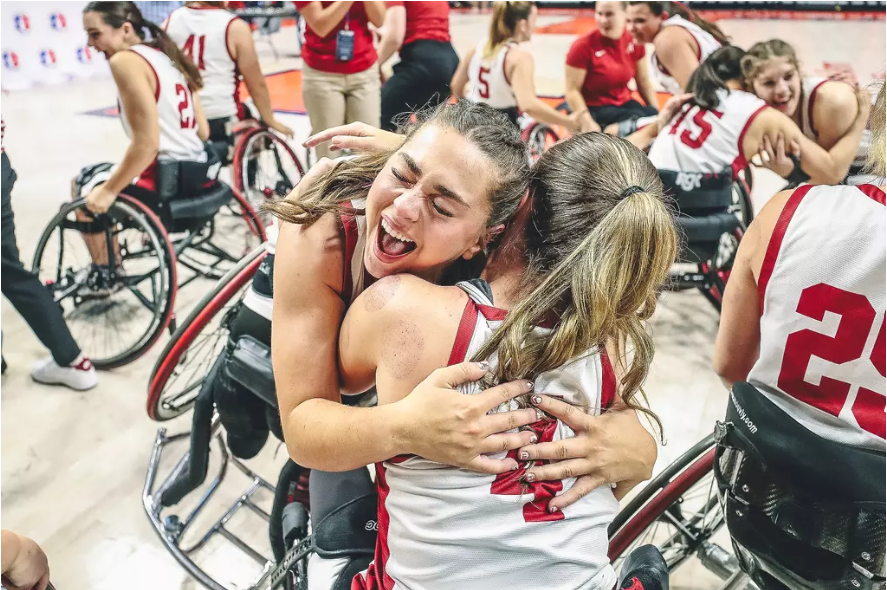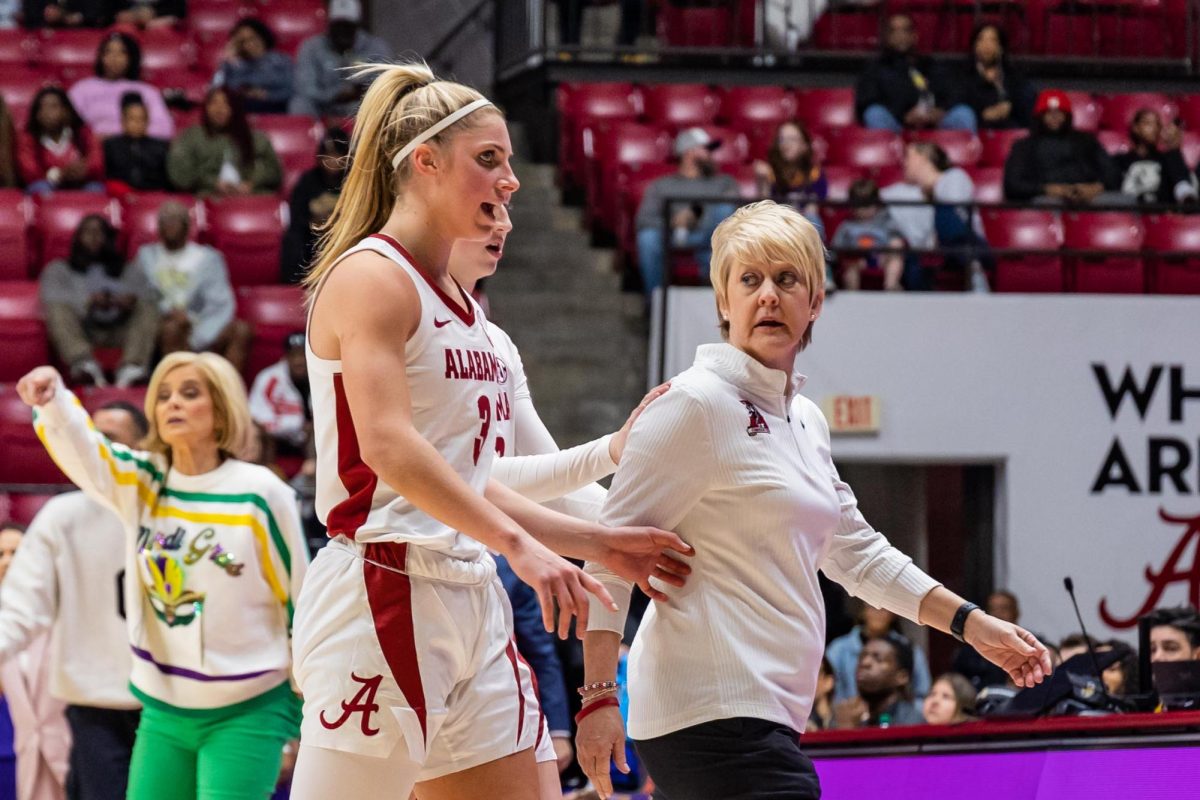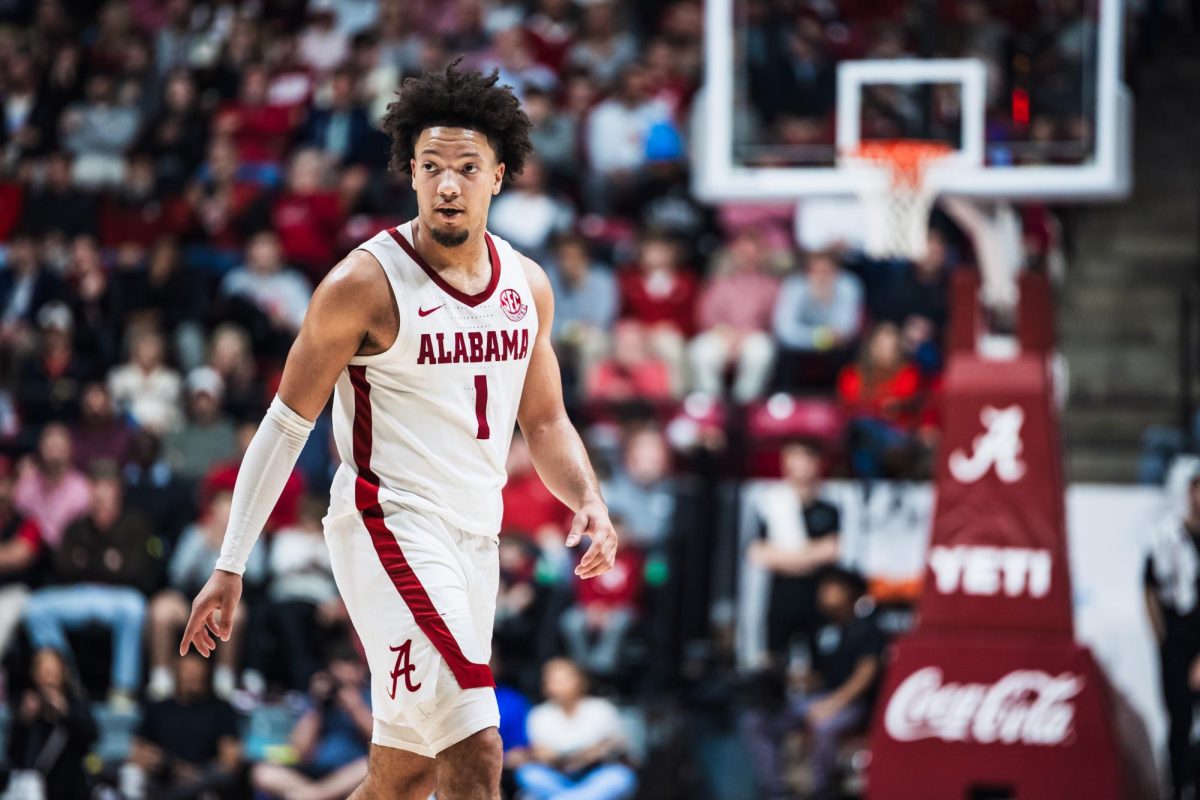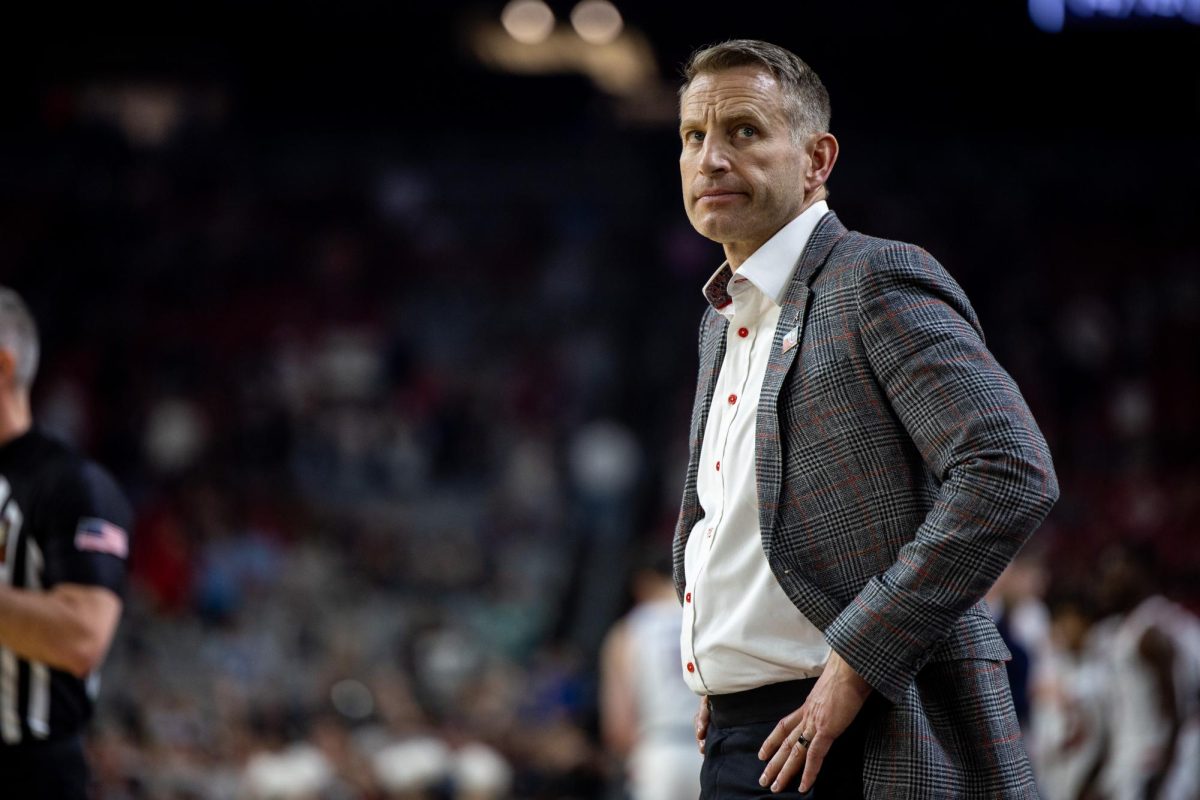It all came down to one final play.
The No. 7 Auburn Tigers were down to their last chance, fourth-and-18 from their own 27 yard line with just 36 seconds remaining. The visiting No. 25 Georgia Bulldogs had just come all the way back from a 20-point fourth-quarter deficit to take a 38-37 lead with just under 2 minutes remaining and now only needed one more stop to complete the remarkable rally.
Auburn quarterback Nick Marshall dropped back, then stepped up in the pocket, all while keeping his eyes downfield, looking to make a big pass play that would keep Auburn’s fading hopes alive.
Marshall cocked his arm back and heaved the ball. Two Georgia defenders had a play on the ball but couldn’t come down with it; instead, they tipped the ball up into the air and into the waiting hands of Auburn receiver Ricardo Louis.
Georgia’s comeback had been foiled, and Auburn escaped with a miracle win.
“Every school in the nation practices making that tipped pass play. Every school in the nation practices defending that tipped pass play,” former Auburn Athletic Director David Housel said. “One time in 100,000 it works. Thank goodness it worked for us the other night.”
But while that final Auburn pass play propelled the Tigers to an improbable victory against one of their biggest rivals, the win stretched far beyond that in significance.
One year after a disastrous 3-9 campaign, which included an 0-8 mark in SEC play, the now No. 4 Tigers sit at 10-1 (6-1 SEC), a near flawless one-season turnaround that has set the stage for an Iron Bowl showdown with both SEC West and national title implications on the line against top-ranked Alabama.
It’s a season that has already exceeded any realistic expectations coming into the year, with many predicting Auburn being a middle-of-the-road team in the SEC.
“Before the season, I would have told you seven wins, eight wins, probably a bowl game,” said Greg Ostendorf, who covers Auburn football for ESPN.com. “Not a New Year’s Day bowl, but some type of smaller bowl game. Now they have a chance to play in the national championship.”
For Auburn to be in the position it’s in now is nothing short of amazing.
On Nov. 25, 2012, just a day after suffering a 49-0 beating at the hands of Alabama, the second-most lopsided Iron Bowl ever, head coach Gene Chizik was fired.
It has been rumored that the reason for the poor season didn’t stem from a lack of talent, but rather because of a growing sense of entitlement after winning the national championship two years earlier in 2010 and a general lack of discipline for players.
“I think a lot of people speculated that the accountability of each player and what they were supposed to do in the classroom, on the field, on the practice field, what your assignment was in a game [was missing],” said Al Del Greco, a former Auburn kicker and current co-host of “The Opening Drive” on WJOX in Birmingham. “There were a lot of questions there. Why that was and how it got to that point, I don’t think anybody really knows.”
So how did Auburn turn around its program so quickly, just one year after having one of its worst seasons in school history?
Many point to the man that replaced Chizik as head coach, Gus Malzahn, who was already familiar with the program after serving as Auburn’s offensive coordinator on the 2010 national championship team before leaving to take the head coaching job at Arkansas State in 2012.
Off the field, Malzahn brought in an entirely new coaching staff, including a bright young mind in Rhett Lashlee as offensive coordinator and an experienced veteran coach in Ellis Johnson as defensive coordinator.
On the field, he found a new starting quarterback with junior college transfer Nick Marshall, who has played a vital role in one of the nation’s best rushing offenses.
Malzahn’s biggest move of all, though, may have simply been restoring the team’s faith.
“Obviously, he’s reinstilled some confidence in the players. It takes a special guy to run a football program,” Housel said. “A lot of people can coach, but running a football program, you have to be able to recruit, you have to be able to hire the right people, and you have to be able to get gameplans up. You have to have a supporting staff, you have to be able to deal with the press, you have to deal with the alumni, and I think coach Malzahn has done an excellent job of that this year.”
The confidence instilled by Malzahn has grown throughout the season with each and every win. First it was a last-second win against Mississippi State. Then came late defensive stands against Ole Miss and Texas A&M and finally, most recently, the Hail Mary toss to beat Georgia. All four of those wins took late pushes to prevail, but they were all still wins nonetheless.
The added assurance for Auburn comes out at a perfect time, with a date Saturday in Jordan-Hare Stadium against an Alabama team going for its third consecutive national title.
It will be the first time in series history the Iron Bowl will decide the SEC West champion.
“The biggest thing, I think, is that they think they can win now,” Ostendorf said. “I think before the season if you would have asked them, I’m not sure they would have told you they could beat Alabama. But now they have a lot more confidence, and they’re playing good football, and I think most of the players, I mean all of the players, really think they can win this game.”
An Auburn win would virtually end all realistic hopes for Alabama to reach its third consecutive title game but would not necessarily end a streak of four straight seasons of the national champion residing from the state of Alabama. If Auburn were to go on to win in the SEC Championship game, and if either Florida State or Ohio State were to lose in either one of their next two games, Auburn would play for the national title.
Housel, who worked at Auburn for 35 years and authored “Glory Days Auburn: The Greatest Victories in Tigers History,” said this year’s Iron Bowl could be the second-best ever, behind only the 1971 Iron Bowl.
That year saw the only time in series history in which both teams entered the game undefeated, with the winner earning the right to play Nebraska in the national championship game. (No. 3 Alabama would defeat No. 5 Auburn 31-7 that year.)
“Alabama comes in, obviously with a lot riding. Auburn comes in with a lot riding. Winner goes to the SEC Championship Game,” Housel said. “There’s been a lot of publicity and a lot of fan excitement, and all that around this game and rightly so. But I cannot, in all honesty, say it’s the biggest Auburn-Alabama game ever. It will be big enough, however.”




